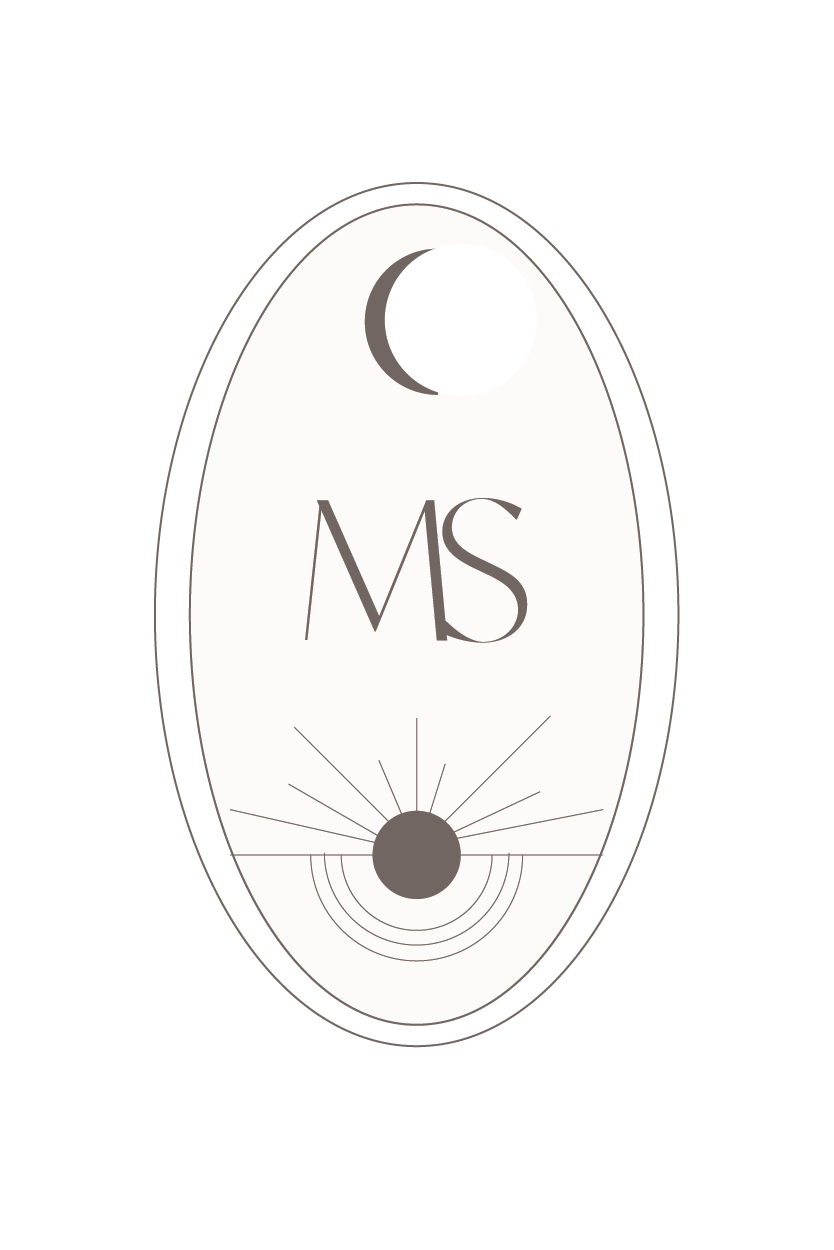The Diagnosis
The month leading up to my diagnosis of ulcerative colitis was not pretty. I was seventeen years old and had just returned home from visiting my grandparents in Florida over the Christmas holiday. I began experiencing intense abdominal cramping that became increasingly painful. I found myself running to the washroom more and more times each day. I was quickly losing energy. I couldn’t seem to find the strength to get out of bed, and the only other place I would frequent was the washroom. I began just staying in the washroom, since it became too difficult to travel back and forth from my bed. I tried to tell myself and everyone around me that I was fine, but I could no longer deny that something was seriously wrong. When I saw blood in my stool, that was the last straw, and I went to the hospital emergency room.
When I finally received the diagnosis, I was relieved. I did not care what was causing my symptoms, I just needed them to end. The medical professionals discovered that the lining of my colon was inflamed and ulcerated. I was treated with a high dose of intravenous steroids, which quickly worked to repair the damage. I could finally breathe again. As I began to feel better, it was as though I was waking up after a natural disaster that had shaken me to my core. I had to assess the damage and understand this new world around me that was fundamentally different than the one I inhabited just a few weeks earlier.
I now had a chronic illness.
An insidious invisible disease that has no cure. I was given medication and told to take it each day, from now on. If only it had been that easy. I did not know what this diagnosis meant for me or my life. I was hungry for knowledge. I wanted to learn everything I could about inflammatory bowel disease and what was in store for me. I did not receive any answers to my questions. My fear and hopelessness quickly increased.
That was how I found myself reading a medical pamphlet in the doctor’s office waiting room that stated that although one’s quantity of life is not affected by inflammatory bowel disease, the quality of a person’s life is decreased by this disease. Reading that statement honesty broke me. I don’t know how else to describe it. I could not stop thinking about it. I had been desperate for information about how my life would be affected by ulcerative colitis, and what I had learned was that it would be worse.
There was no reassurance offered. No comfort or support during this dark time. Just the cold hard facts - my life as I knew it had come to an end.
Healthcare increases suffering when the ‘care’ is left out.
Medical professionals in the modern western world are well equipped for the biomedical aspects of care, but the challenges of understanding and responding appropriately to the psychological, social and cultural dimensions of illness and health need to be addressed. Healthcare increases suffering when the emotional impacts of illness and disease are ignored. Healthcare increases suffering when the way that a patient receives devastating news is not considered important. Our bodies and minds are not separate, so why does our medical system treat us as though they are?
Human beings can endure unimaginable hardship. But we need each other for support and guidance. We need to believe that others care about us and our welfare. We need to feel that there is hope in the darkness. That we are not alone. With this simple thing, we are unstoppable.

